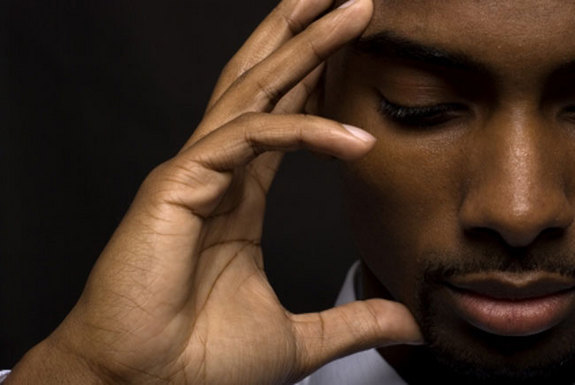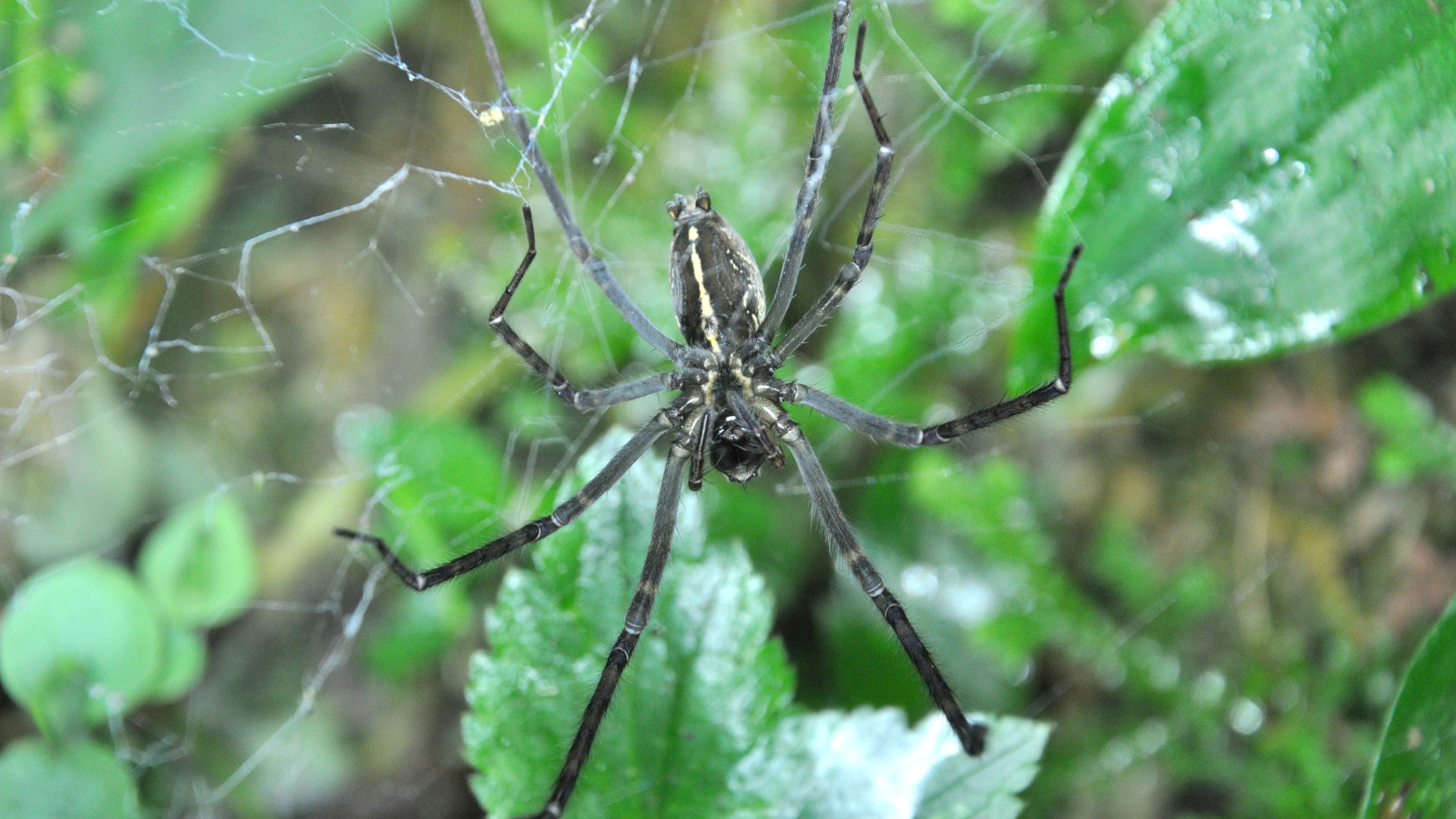What Canadian Hockey Fans and Anthony Weiner Have in Common

Using a theory that could explain everything from helpful strangers to former Rep. Anthony Weiner's salacious tweeting to the riots that shook Vancouver after the city's hockey team lost the Stanley Cup, researchers are now suggesting that anonymity, power and booze are more alike than you might think.
Whether you're hiding behind an anonymous user name in an online forum, riding the high of a political victory or are intoxicated, a new research review finds, the results are the same: A loss of inhibition can lead you to do great things — or make enormous mistakes.
"It's really about disinhibition of behavior," study researcher Adam Galinsky, a psychologist at the Kellogg School of Management at Northwestern University, told LiveScience. "It's not about the consequences of the behavior." [10 Easy Paths to Self- Destruction]
Drunk on power (and anonymity)
Alcohol, anonymity and power all act on human psychology in different ways, according to the new review, which will be published in the journal Perspectives on Psychological Science. But all three roads lead to the same cognitive deficit in inhibition.
When you make a choice between two competing actions, a brain network called the behavioral inhibition system (BIS) activates, said study researcher Jacob Hirsh, also a psychologist at the Kellogg School of Management. This brain region consists, in part, of the hippocampus, which is deep in the center of the brain and plays a role in memory, and the nearby septum, which is involved in emotion. When the BIS activates, you go on red alert, scanning the environment and weighing options for the best course of action.
But when you have to choose between options A, B and C while drunk, anonymous or powerful, Hirsh and Galinksy argue, the BIS doesn't activate and options B and C barely come to mind as potential responses.
Get the world’s most fascinating discoveries delivered straight to your inbox.
"The first behavior that comes to mind in a situation gets activated and expressed before you have time to think about its consequences," Hirsh said. [Read Sex, Lies & Weiner: Why They Don't Think They'll Get Caught]
Good or evil?
The idea that alcohol, power and anonymity impair judgment or make people act unusually is not new, of course. But the new theory explains why the drunk, anonymous and powerful sometimes act with goodness, even heroism, while others fall into hedonism, selfishness and evil.
In some ways, the three factors reveal who you really are, Hirsh and Galinsky said. If you hear someone screaming in a dark alley, for example, you might normally hesitate to rush in to help no matter how good a person you are, Galinsky said. But when you're drunk, the little voice that says, "What if nothing's really wrong?" or "What if I get into trouble?" isn't so loud, the BIS doesn't activate to help you weigh the options, and in you go.
But booze, anonymity and power can also leave you more vulnerable to outside influence. Imagine: You're wasted and anonymous in a crowd in Vancouver right after the Canucks have lost the Stanley Cup. A few miscreants are breaking windows and your brain locks onto that behavior as the normal course of action. Without much consideration, you pick up a brick.
No one likes to think that they'd be swayed into behaving badly just because they were a little disinhibited, Hirsh and Galinsky said, but multiple studies have found that even small cues in the environment can sway people who are under the influence.
"Bars try to do this," Hirsh said. "They'll put up continual reminders or cues, 'Don't be aggressive,' 'Don't smoke' or 'Don't overdrink.' … The more reminders there are, the more people think about that response and the less likely they are to drift into the other direction."
You can follow LiveScience senior writer Stephanie Pappas on Twitter @sipappas. Follow LiveScience for the latest in science news and discoveries on Twitter @livescience and on Facebook.

Stephanie Pappas is a contributing writer for Live Science, covering topics ranging from geoscience to archaeology to the human brain and behavior. She was previously a senior writer for Live Science but is now a freelancer based in Denver, Colorado, and regularly contributes to Scientific American and The Monitor, the monthly magazine of the American Psychological Association. Stephanie received a bachelor's degree in psychology from the University of South Carolina and a graduate certificate in science communication from the University of California, Santa Cruz.
